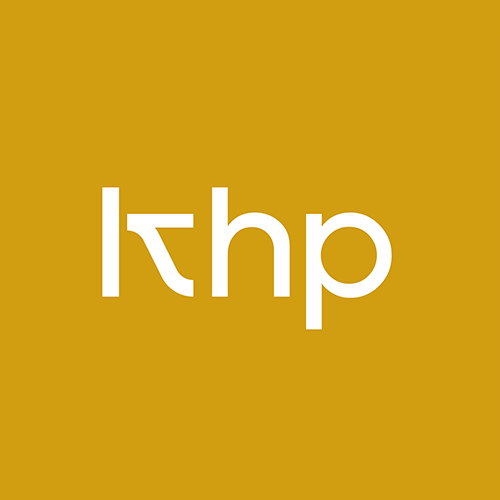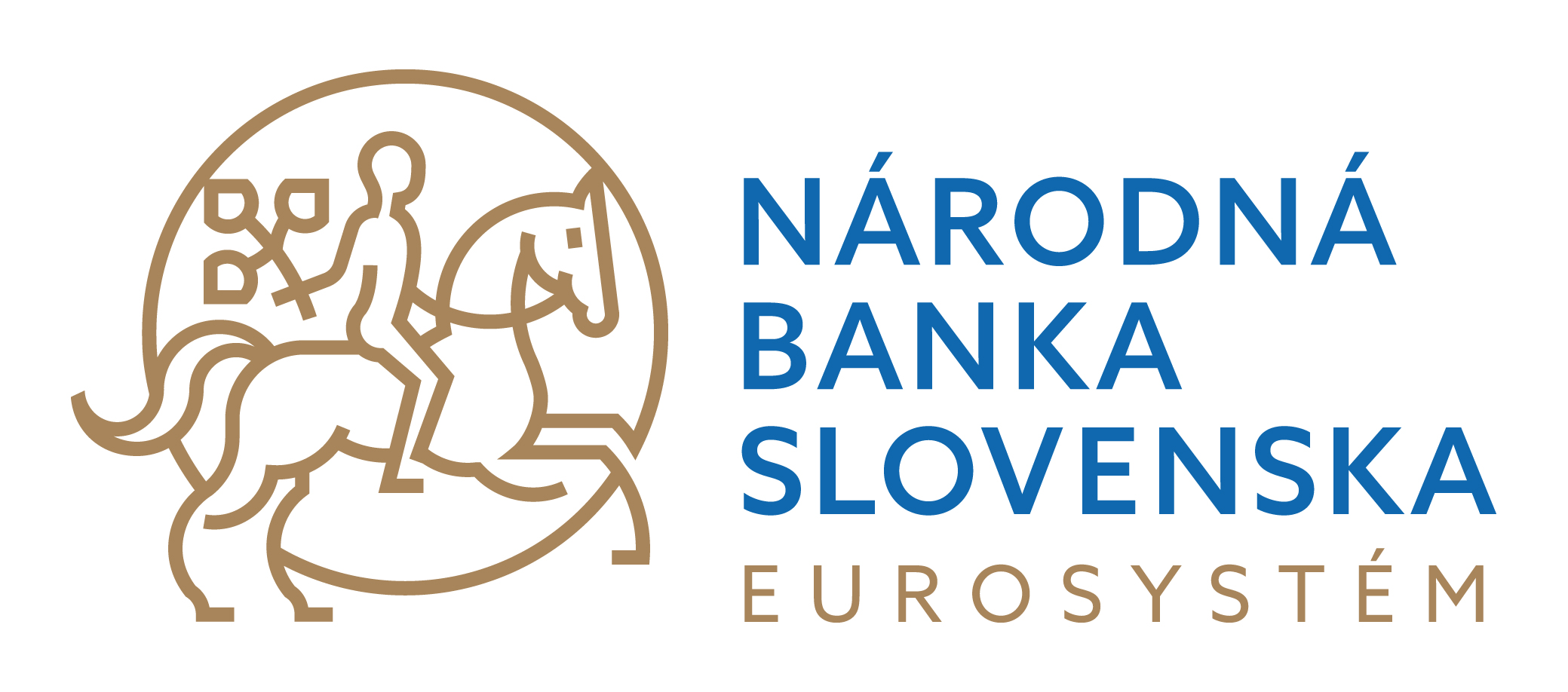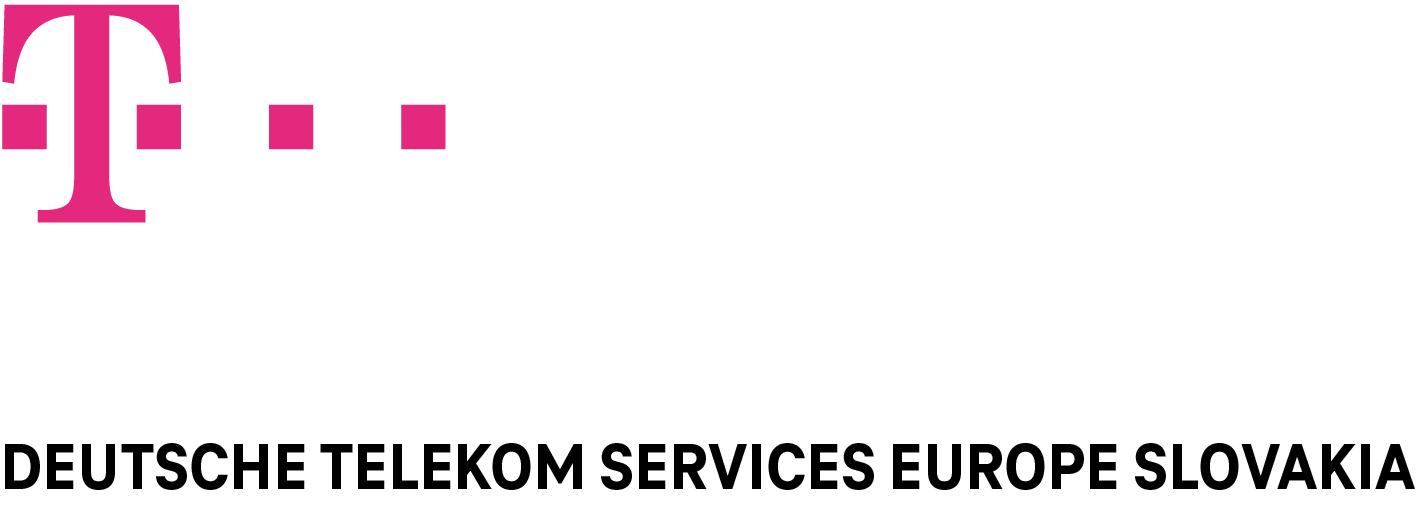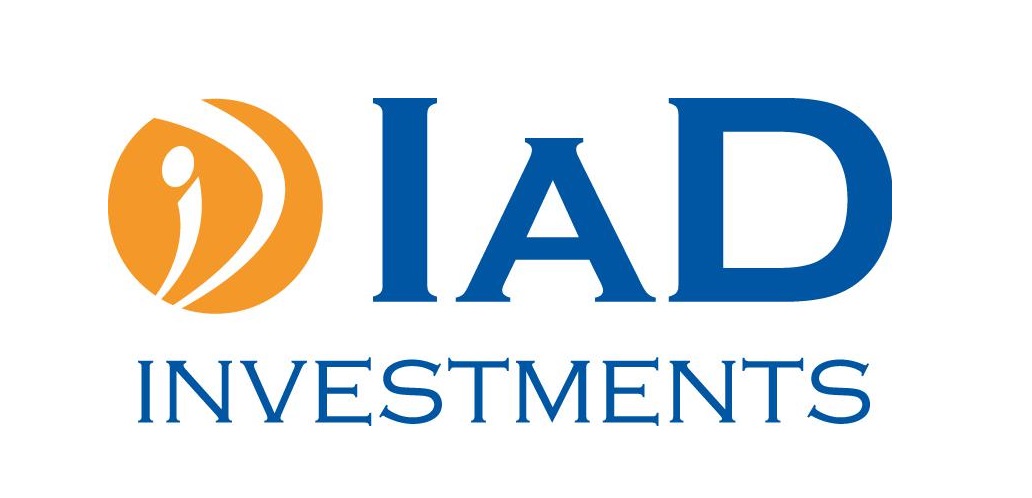Abstract
The aim of this paper is to investigate business cycle synchronization between seven candidate countries to the Euro Area (EA) – Bulgaria, Czech Republic, Croatia, Hungary, Poland, Romania and Sweden – and the Euro Area (EA-12/EA-19), France and Germany. The Hodrick-Prescott filter is used to decompose the real Gross Domestic Product into trend and cyclical components for the period 1995Q1-2019Q4. The results point to the existence of a strong business cycle synchronization between Sweden and the Euro Area, Germany, and France. The second highest correlation was observed for the Czech Republic followed by Hungary, Poland and Croatia. In contrast, Bulgaria and Romania show the weakest business cycle synchronization with both the Euro Area and the core economies. We conclude that Sweden is the most prepared country to be the next passenger in the single currency train from the perspective of business cycle synchronization.












